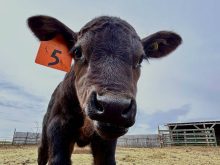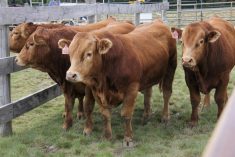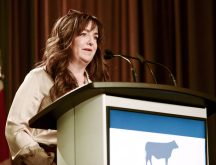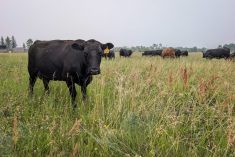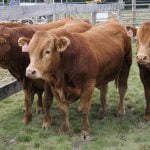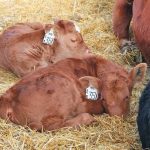The federal Liberals’ agriculture critic is calling for a hard timeline on the federal government’s plan to challenge the U.S. government’s mandatory country-of-origin labelling (COOL).
Prince Edward Island MP Wayne Easter noted in the House of Commons Wednesday that Agriculture Minister Gerry Ritz had announced the government’s plans to challenge COOL at the World Trade Organization (WTO) five months ago.
“One of the defining characteristics of the government is to announce but never deliver,” Easter said, adding that Ritz “announced in the spring he was going to challenge U.S. COOL; however, there is still no investigation.
Read Also
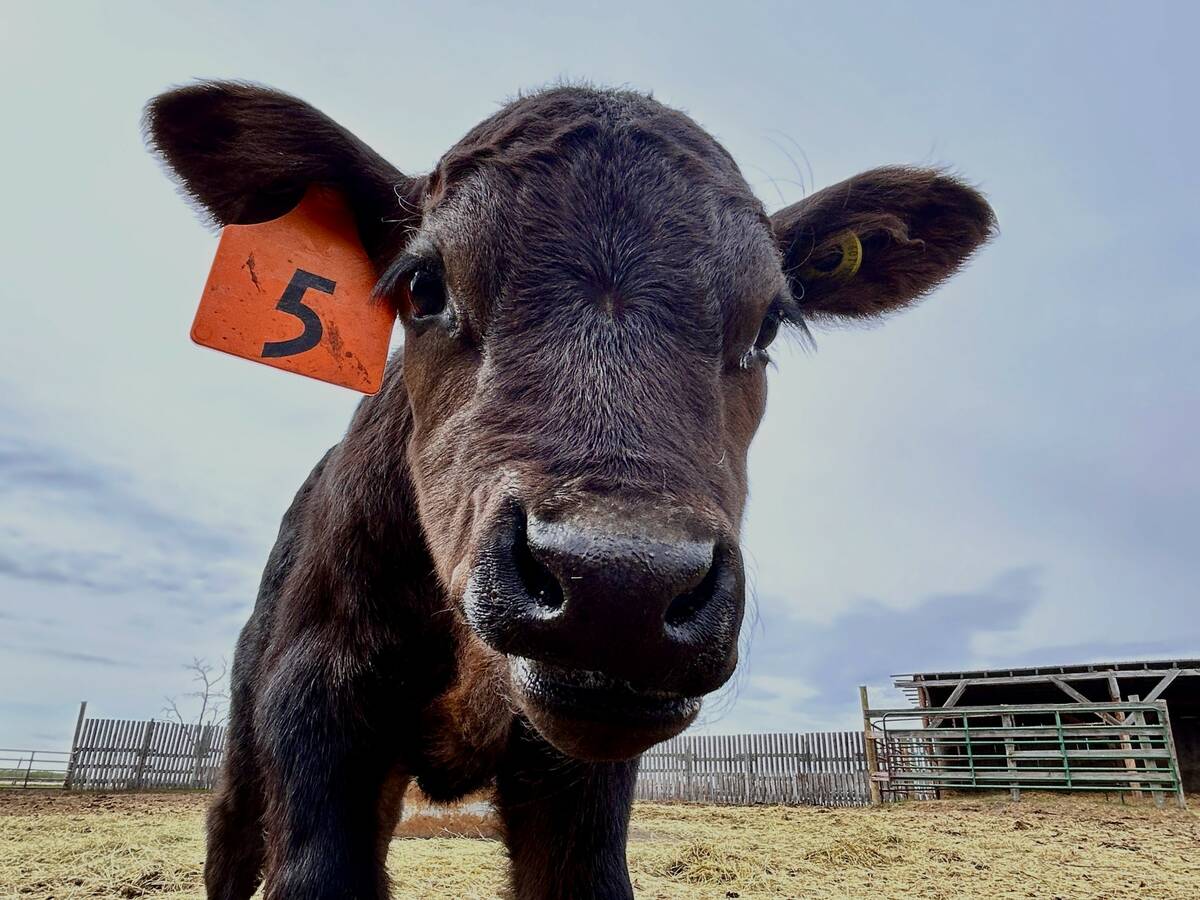
Health Canada stops sales of coccidiosis medication Deccox on procedural issue
Deccox, a medication to prevent coccidiosis in calves and other livestock, is temporarily off the market after Health Canada issued a stop sale order earlier this month.
“Oct. 9 is a crucial date that must be met in order to achieve a WTO investigation,” Easter said. “While the minister dilly-dallies, farmers go broke.”
Ritz retorted Wednesday in the Commons that Prime Minister Stephen Harper had recently raised the issue directly with U.S. President Barack Obama. He added he had also raised the issue in meetings with Obama’s agricuture secretary, Tom Vilsack.
Furthermore, Ritz said, the government is “making use of our allies in the U.S., working with their counterparts here in Canada, the meat trade, as it were, to raise the issue down there.”
On the matter of the WTO challenge, Ritz told Easter that the government is still “in the consultation phase” and will “raise it to the next level as soon as we have all the information that we require to win that challenge.”
“My question is: what is this minister waiting for?” Easter said in a release Thursday. “The evidence is already well known to farmers: hog exports to the U.S. are down by upwards of 60 per cent; cattle exports have declined between 20 and 50 per cent. What more does this minister need as evidence of serious damage to our livestock producers?”
“Crystal clear”
“Farmers know that the Conservative government and Prime Minister Harper have made it crystal clear to the Americans that we’re serious about protecting our producers,” Ritz replied in an e-mail Thursday.
“Right now we’re gathering all of the data we need to win a WTO challenge,” he wrote. “Instead of voting against critical tax deferrals and trying to force an unnecessary and wasteful election, Wayne Easter and the Liberal Party need to start putting farmers first.”
The government had originally asked for consultations with the U.S. at the WTO last December, but put that request on hold when the “final rule” to implement COOL was published in the U.S. Federal Register on Jan. 15 this year. The outgoing Bush administration had eased Canada’s concerns by granting importers added flexibility in labelling foreign-grown products.
But Vilsack then wrote in February to the U.S. food industry, encouraging the use of stricter and broader labelling, or else he would consider reviewing the COOL legislation’s language to impose tighter restrictions.
Ritz in May announced that the government had again applied for consultations with the U.S. through the WTO.
Easter said in an interview Friday that consultations “aren’t getting us anywhere” and the government has until Oct. 9 to file for a hearing before the WTO’s Dispute Resolution Body.
Filings past that date, he said, would be “bumped” to a later meeting, and could also be postponed further if the U.S. were to request it. If the request isn’t filed next week, he said, “then we’re well into 2010” before Canada’s case against COOL could be heard.
Washington’s COOL legislation imposes mandatory labelling for beef, pork, lamb, chicken and goat meat, and certain perishable commodities sold at retail outlets in the U.S. Imported fish and shellfish have been covered under COOL since 2005.
The government and livestock producer groups have expressed concern for years that COOL would impose added costs at each stage of the process, from U.S. feedlots right through to the U.S. grocer’s meat case.
The concern has been that U.S. processors, for instance, may choose not to buy Canadian animals or may look to buy them at deep discounts to offset the costs of segregating animals for labelling purposes.



